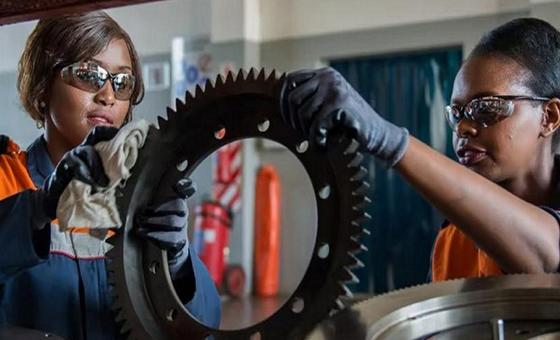By Vibhu Mishra
The UN Secretary-General has underscored the need to empower young people globally with the skills they need to shape a more peaceful, sustainable future for all.
In a message for Monday’s World Youth Skills Day, António Guterres pointed out that the world’s young people are already working to build safer and stronger communities, even though almost a quarter are not in education, employment or training.
“They can make an even bigger difference for our shared future with training for the burgeoning green and digital economies, education to help break the cycle of hate speech and misinformation, tools to enhance mediation and dialogue, and so much more,” he declared.
The UN chief also highlighted the link between countries spending on education, school completion rates and levels of peace enjoyed by their people.
“Today, and every day, let us work to transform education. And let us ensure that youth have what they need to build skills for shaping a more peaceful, sustainable future for all.”
The International Day
The UN General Assembly in 2014 declared 15 July as World Youth Skills Day, to celebrate the strategic importance of equipping young people with skills for employment, decent work and entrepreneurship.
Since then, World Youth Skills Day events have provided a platform for dialogue between young people, technical and vocational education and training institutions, firms, employers’ and workers’ organizations, policy makers and development partners.
2024 commemoration
In commemorations this year, the UN Educational, Scientific and Cultural Organization (UNESCO), International Labour Organization (ILO) and the UN Youth Office in collaboration with the Permanent Missions of Portugal and Sri Lanka will convene a panel discussion featuring young experts, partners and government representatives.
The event will review practices and interventions to advance skills development, highlight youth’s contribution to achieving the Sustainable Development Goals (SDGs), helping address violence and harassment, and foster social and emotional learning into education and training systems.

